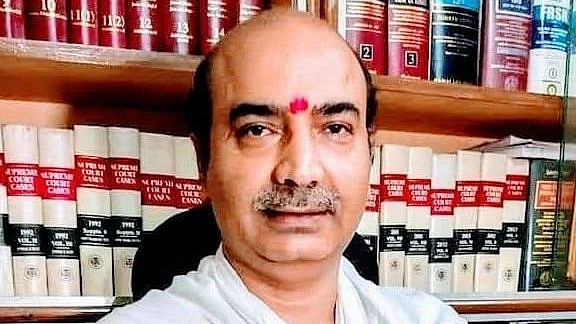The Delhi High Court on Monday, 25 July, observed that it cannot direct the government to frame an anti-religious conversion law in the absence of evidence indicating instances of forced conversions.
A division bench of Justices Sanjeev Sachdeva, and Tushar Rao Gedela, was hearing a PIL filed by Bharatiya Janata Party leader and advocate Ashwini Kumar Upadhyay seeking the court to direct the Centre and Delhi government to frame laws prohibiting forced religious conversions.
Upadhyay, while arguing that conversions had become commonplace in Delhi, said that there was no law to book people for it, according to LiveLaw.
“What is the material? These are newspaper reports. How does one take cognizance? You cannot simply handover newspaper reports for this court to take cognizance,” the court said.
“Please give us instances. Has anyone made a complaint and action not been taken by the executive? You have to show more than your apprehension,” it added.
'Delhi Is a Haven for Conversion Mafia'
Upadhyay further submitted to the court that organisations, often funded by foreign nations, lure individuals to conversion by promising them treatments for ailments, including cancer.
He said that Delhi, due to this, had become a safe haven for the conversion mafia.
Chief Minister Arvind Kejriwal too, he argued, had said that there should be a law against forced conversions.
Besides saying that it was not mandatory to frame laws on every subject, the bench told Updahyay that if the CM had already taken cognisance of this, no mandate from the court was required.
Meanwhile, Upadhyay told the court that he had sought information from the Ministry of Home Affairs (MHA) regarding the number of people who have come to India in 20 years for promoting or propagating religion.
However, he hadn't received any response.
“How do we take cognisance when it’s only a query,” the bench replied.
“Why should we issue notice? We have to first be satisfied with the petition. This is a petition which can have severe ramifications either way. There is no basis, no documentation, not one instance given by you,” the bench said.
(With inputs from LiveLaw and The Indian Express.)
